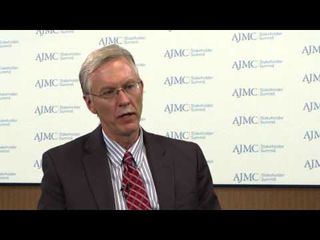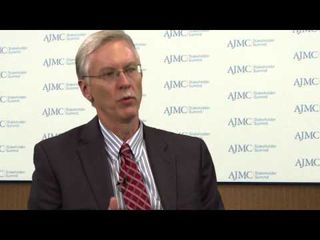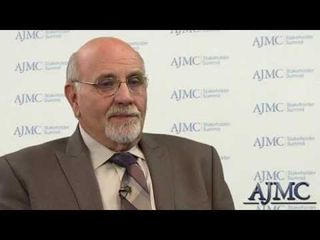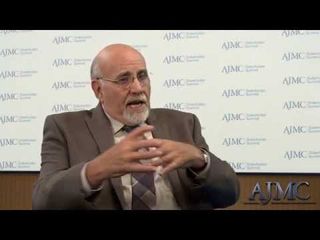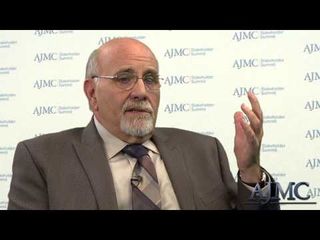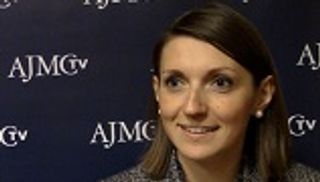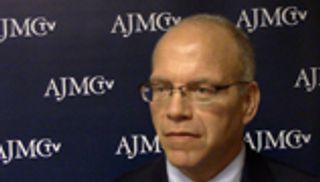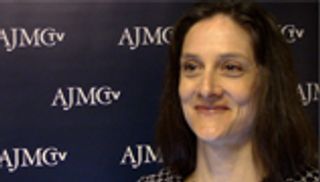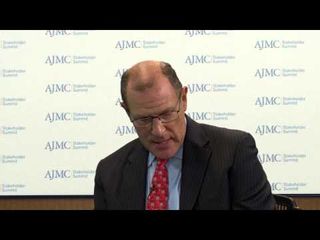
Insurance
Latest News
Latest Videos

CME Content
More News

The results are consistent with prior surveys by the American Association of Diabetes Educators. The group said CMS has put its 2019 round of bidding on hold, a move it "applauds."

A value-based formulary was implemented that used cost-effectiveness analysis to inform medication co-payments. Diabetes cohort expenditures decreased by $9 per member per month.

An innovative housing model for seniors that incorporates healthcare within the residential environment contributed to lowered rates of both inpatient hospitalizations and readmissions, according to a recent study.

The delay is partly due to the Inauguration Day executive order than delayed implementing new regulations. But it may also signal a shift in thinking on CMS' approach to bundled payments and who should drive them-doctors or health systems.
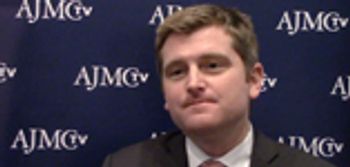
Partnering with local nonprofits with expertise in various areas, such as food support, vocational services, and mental health case management, Hennepin Health has been able to successful manage the health of a complex population, explained Ross Owen, health strategy director of Hennepin County.

Home visits by teams led by registered nurses or lay health workers can reduce costs and utilization of services, such as emergency department visits and hospitalizations, according to a paper published in Health Affairs.

Medicare claims analyses offer insight into how proposed policy changes would affect out-of-pocket prescription costs for Part D beneficiaries requiring specialty drugs.

The increased emphasis that the Affordable Care Act and Medicare accountable care organizations (ACOs) placed on prevention is important in reducing the high cost of older patients, especially as the baby boomer generation reached retirement age, explained Mariétou Ouayogodé, PhD, post-doctoral fellow at The Dartmouth Institute for Health Policy and Clinical Practice at the Geisel School of Medicine at Dartmouth.

The proposed payment models could fill a void for gastroenterologists, a key field for Medicare given the high number of enrollees treated for colorectal cancer.

Verma is best-known as the designer of Indiana's Medicaid expansion program, which features a lockout provision for those who fail to pay premiums.


This article explores elements of patient and consumer engagement implicated by Medicare’s alternative payment models, emphasizing the potential for shopping and use of cost information.
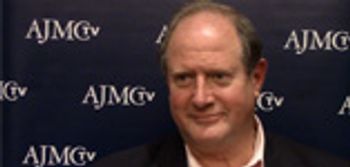
The main focus of Humana’s business activities is to provide a better experience for patients and physicians, according to Roy Beveridge, MD, chief medical officer of Humana. This patient-centered approach is informed by his work as a practicing oncologist, where he learned to think about clinical programs from the perspective of the patient.

Several medical interest groups have raised their opposition to the new Republican plan drafted to replace the Affordable Care Act.


A recent study has found that low-income subsidies under the Medicare Part D program can help improve rates of persistence and adherence to breast cancer therapies among Hispanic and black women.

Managed Care Updates: Medicare and CGM, Omada Health Hires, Council for Diabetes Prevention Officers
A landmark reimbursement decision from Medicare, and news in diabetes prevention.

While the Ohio governor is getting more attention for his efforts to keep federal funds for Medicaid expansion, he's quietly working just as hard on maintaining the momentum toward value-based care.

The roundtable provides a forum for academic researchers, health policy experts, patient advocates, health insurance plans, and the pharmaceutical industry to debate on the most sustainable strategies for patient cost sharing for medications.
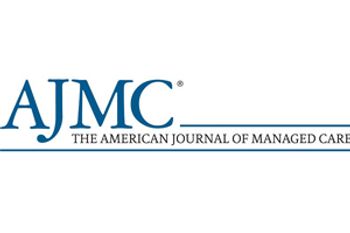
Research presented by Jalpa A. Doshi, PhD, associate professor of medicine, director, Economic Evaluations Unit, Center for Evidence-based Practice, and director, Value-based Insurance Design Initiatives, Center for Health Incentives and Behavioral Economics, University of Pennsylvania, the Cost-Sharing Roundtable: Sustainable Strategies for Providing Access to Critical Medications. The event was co-hosted by the PAN Foundation and The American Journal of Managed Care®.

A key takeaway from a panel discussion at the Patient Access Network Foundation’s second cost-sharing roundtable was the need for educating stakeholders.


The lack of measurement goes against the trend toward accountability in healthcare. Studies show there are savings to be found in post-acute settings.

At the 2nd cost-sharing roundtable hosted by the Patient Access Network Foundation and The American Journal of Managed Care®, Tricia Neuman of the Kaiser Family Foundation provided a perspective on what the future might hold for patients enrolled in Medicare.

The results are important given the concentration of Medicare beneficiaries who are in Medicaid and being treated for multiple chronic conditions.


